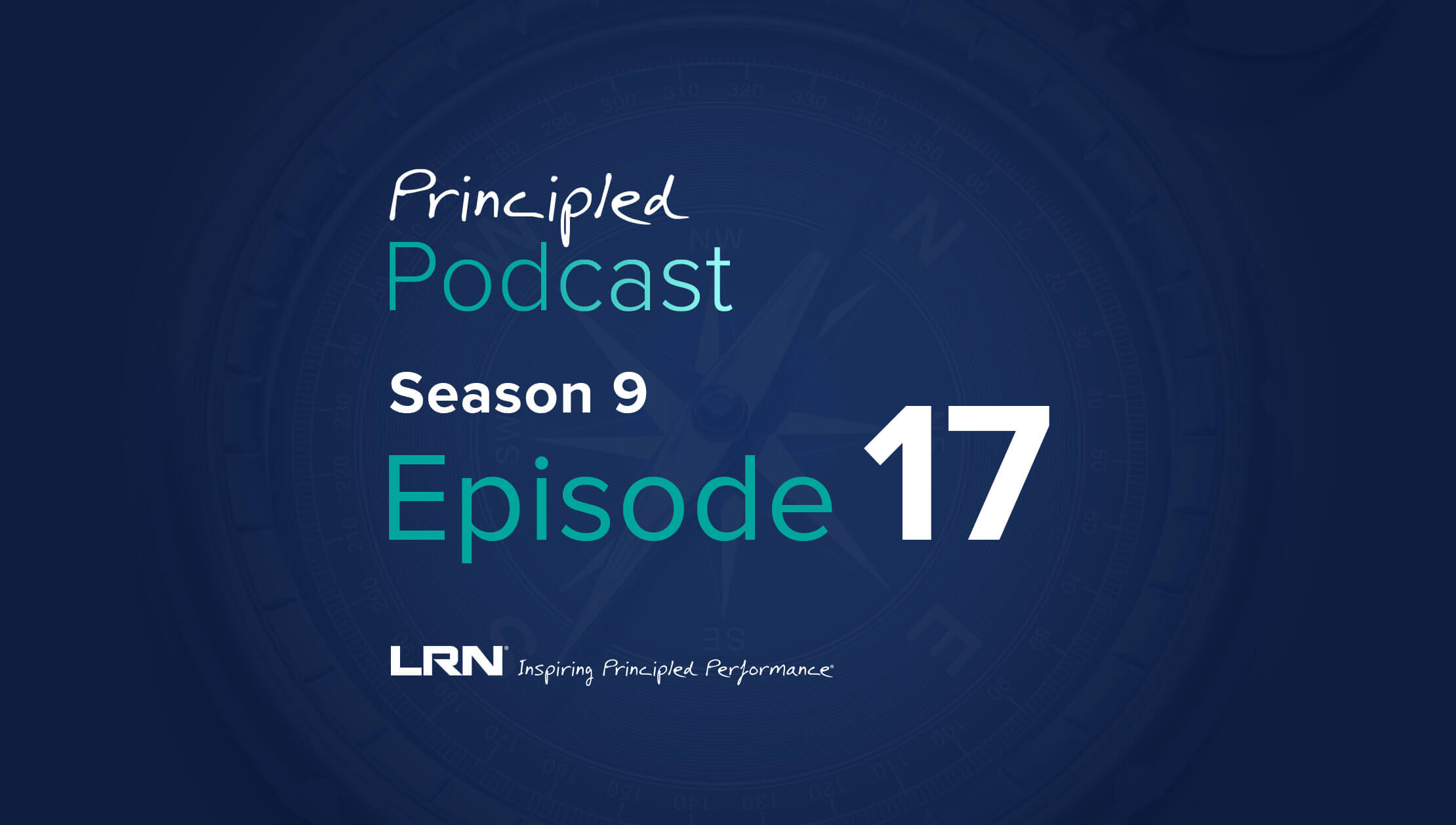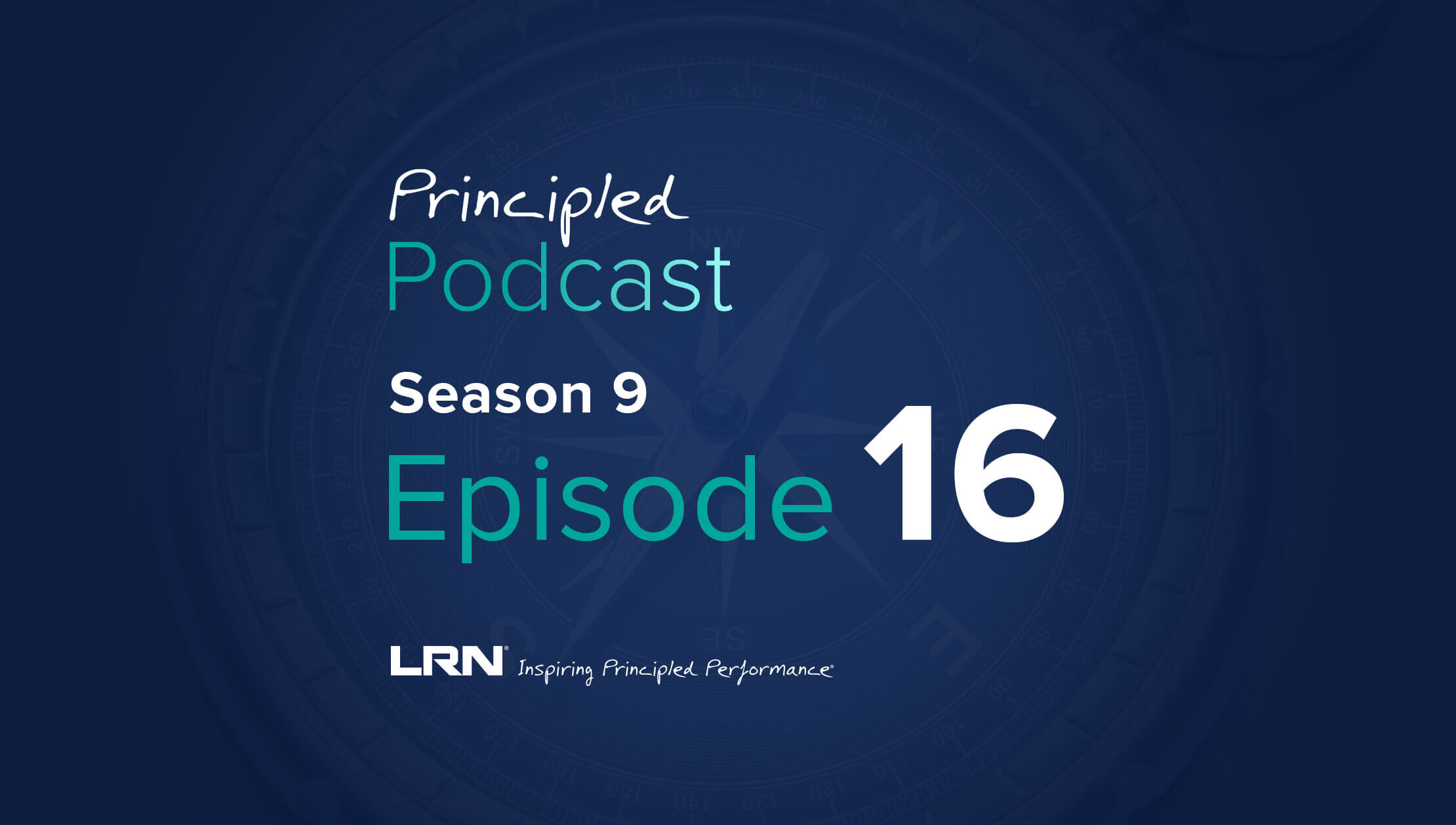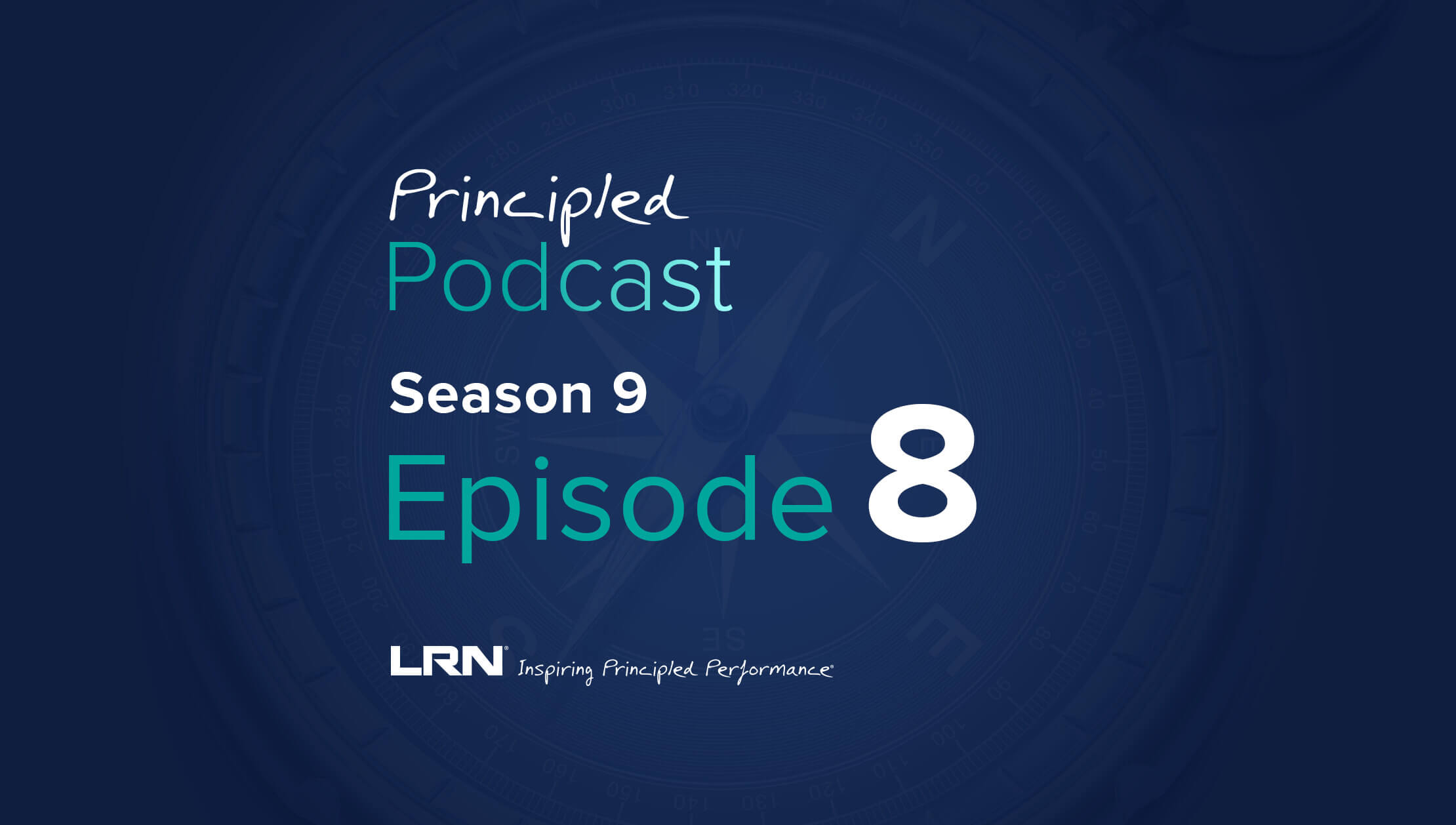Parijat Jauhari is the new chief product and technology officer at LRN. As CPTO, he is responsible for building a growth-focused product and technology team at LRN while building LRN’s technology platform to delight both existing and new customers.
Parijat joins LRN from Qu, a commerce platform where he led the complete rearchitecting and redesign of the existing SaaS product line—which led to 4x growth in three years. Before that, he led the transformation of the legacy product at Fishbowl into a data-driven omni-channel marketing platform and successful exit through a sale. Earlier in his career, Parijat held various roles at PricewaterhouseCoopers (PwC) and Corporate Executive Board (CEB), where he focused on fraud detection, risk, and compliance as a software developer, technology manager, and product leader.
I sat down with Parijat to talk about leadership, the power of personalization in E&C products, and what technological opportunities he’s eager to address for partners at LRN.
This interview has been condensed and edited for space and clarity.
Carolyn Grace: Much of your career experience ties back to digital transformation and product design to fuel business growth and identify risk. What has drawn you to these kinds of roles?
Parijat Jauhari: Leveraging technology to create a positive impact has always driven me to these kinds of roles. I started my career at PwC during a time of massive fraudulent activities in the corporate world. Attorneys and accountants needed software developers who could build scalable solutions to help them find supporting evidence of fraud across structured and unstructured data. I learned how to work across different technologies and stacks to build products that could be used by all. It felt fulfilling to be doing something to help advance the greater good in the corporate world.
CG: What drew you to LRN specifically?
PJ: I was immediately struck by the way LRN prioritizes ethics, not just compliance. When I worked at CEB, I spent a lot of time working with risk and compliance executives. One of the main things I learned through that research was that while raising the non-compliance flag—so to speak—was a way to get initiatives funded, it still exposed companies to risk if the people who needed to follow regulations did not buy into underlying practices. Focusing on ethics first provides a baseline of good behavior that compliance officers can build upon. I was excited that LRN and its mission aligned with what I had seen, and even had a platform to get this idea operationalized in companies.
CG: How do you see your role influencing the solutions we provide our partners?
PJ: Oftentimes, compliance executives are asked to do a lot of work with few team members or resources. To help them do more with less, I want to make our solutions more self-service for partners and improve the automation capabilities within our product. How can we improve the use of alerts in our product to make it easier for partners to take action? How can we help them sort through dozens, hundreds, or thousands (depending on company size) of disclosure forms more efficiently? These are the kinds of questions I hope to answer for our partners.
CG: Which E&C technology opportunities are you especially eager to tackle right now?
PJ: Of course, we continue to innovate our products every day to elevate and optimize the user experience. I also think we can help our client-partners better leverage data and analytics to create personalized learning journeys for their staff. Data and analytics have already changed many industries, increasing personalization of what content we see to helping drive better promotional lift and product recommendations. Compliance officers have the same opportunity. They can identify risk areas in their business and recommend where to focus resources and budgets for their E&C program. But they can also use data to personalize learning based on role, behavior, and channel. Say you have a team member who is traveling to a foreign country. Can you deliver your training on the Foreign Corrupt Practices Act (FCPA) to their laptop or phone, so they have the information they need before they land? I think compliance teams need to—and can—get to that level of proactive personalization: where the right training goes to the right person on the right channel at the right time.
CG: As chief product and technology officer, you have a voice on the LRN leadership team. What qualities do you think make up a good leader?
PJ: I believe it is important for a leader to understand the needs of their team. That means learning what challenges currently exist that are hindering success and working to help the team navigate—and eventually overcome—those challenges so they can move forward. In agile software development, there is a 15-minute standing meeting called the daily scrum. The leader, or scrum master, asks three questions of their team during that meeting:What did you do yesterday?What will you do today?Are there any barriers in your way that I can help remove? I believe it is our role as leaders to work like a scrum master and help remove the barriers in our teams’ progress.
To learn more about how we combine technology and content to create ethics and compliance journeys for individuals and organizations, check out LRN's E&C products including our:



